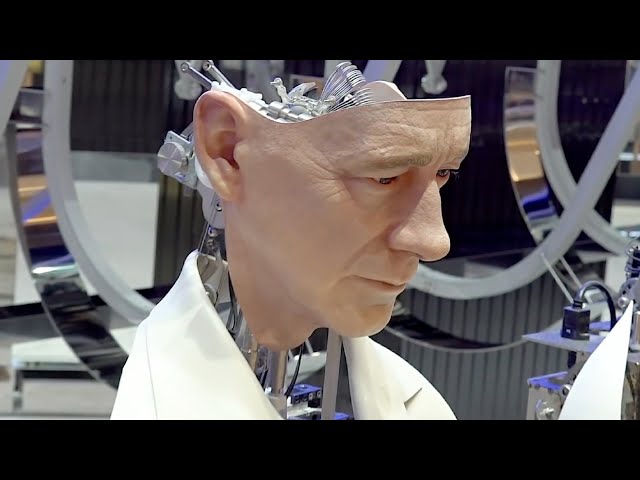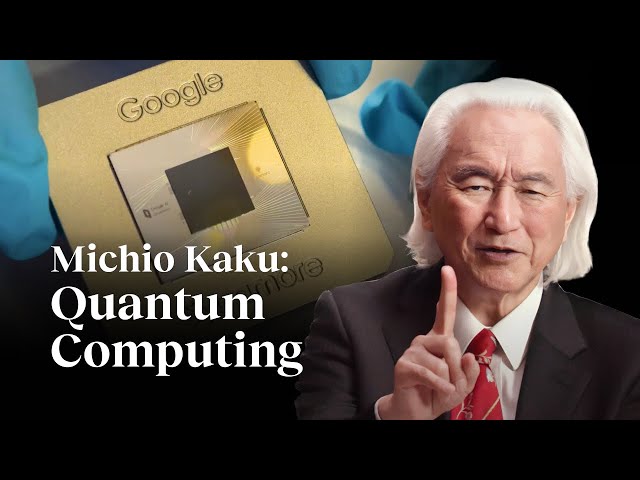What is Quantum Computing?
What is Quantum Computing: Imagine a computer that could solve problems in seconds that would take traditional computers years. That’s the potential of quantum computing. Quantum computing is a rapidly developing field that harnesses the principles of quantum mechanics to solve problems too complex for classical computers. It leverages the unique properties of quantum bits, or qubits, to perform calculations in a fundamentally different way than traditional computers.
Imagine you have a coin. In the classical world, the coin can be heads or tails. But in the quantum world, the coin can be heads, tails, or both at the same time! This “both-at-once” ability is called superposition and it’s one of the key features of quantum mechanics. Quantum computers use qubits to perform calculations based on superposition. By manipulating qubits in a specific way, we can create quantum algorithms that can solve problems that would take classical computers years, or even centuries, to solve.
Benefits
- Drug discovery: Quantum computers could help us design new drugs more efficiently and effectively.
- Materials science: Quantum computers could help us develop new materials with properties that are impossible to achieve with classical computers.
- Financial modeling: Quantum computers could help us create more accurate and sophisticated financial models.
- Cryptography: Quantum computers could break the encryption algorithms that currently protect our data.
Challenges
- Building stable qubits: It’s difficult to build qubits that are stable enough to perform complex calculations.
- Developing quantum algorithms: We need to develop more quantum algorithms that can take advantage of the unique properties of qubits.
- Error correction: Quantum computers are prone to errors, so we need to develop ways to correct these errors.
Despite the challenges, quantum computing is a rapidly developing field with the potential to revolutionize many industries. It’s still early days, but quantum computers have the potential to change the world as we know it.
Quantum Computing in 5 Minutes
Companies and Counties Battle to Develop Quantum Computers
Understand Quantum Computing
Qubits vs. bits: Classical computers use bits, which can be either 0 or 1. Qubits, on the other hand, can be 0, 1, or a superposition of both simultaneously. This allows them to represent much more information than classical bits.
Superposition: Superposition allows qubits to be in multiple states at the same time, which can be used to perform parallel calculations. This gives quantum computers a significant advantage over classical computers when it comes to solving complex problems.
Entanglement: Entanglement is a phenomenon where two qubits become linked together, regardless of the distance between them. This means that any change to one qubit will instantly affect the other, even if they are separated by vast distances.
Quantum algorithms: Quantum algorithms are designed to take advantage of the unique properties of qubits to solve problems that are intractable for classical computers. Some of the most promising applications for quantum algorithms include drug discovery, materials science, and financial modeling.
Current state of quantum computing: While quantum computing is still in its early stages of development, there has been significant progress in recent years. Several companies and research institutions are now developing quantum computers, and there are already a number of small-scale quantum computers available for research purposes.
Future of quantum computing: Quantum computing has the potential to revolutionize many industries. While it is still unclear when quantum computers will be able to outperform classical computers for all tasks, they are expected to have a major impact on a wide range of fields in the coming years.
Superintelligence Learning and Education
- AI Shows New Evidence of Consciousness.
- Elon Musk AI SINGULARITY Roundtable.
- Scenarios Where Artificial Intelligence takes over the World.
- Superintelligence Quotes by Top Minds.
- Top 10 Artificial Intelligence Trends for 2024 and Beyond.
- What is Generative AI?





